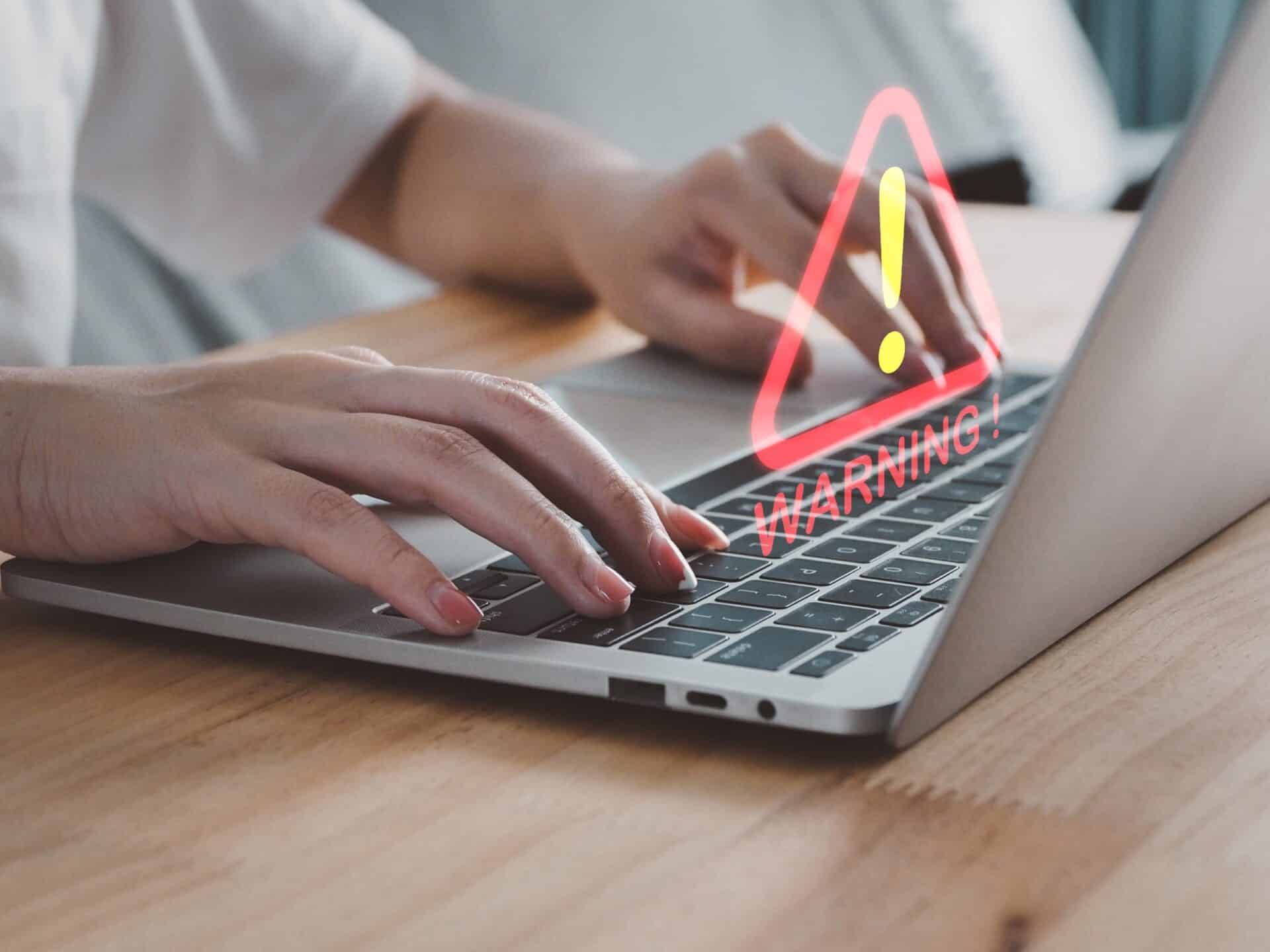- Utilize cloud computing and virtual private networks (VPNs) so data and applications remain accessible and secure, even if physical offices become inaccessible due to hurricane damage or flooding.
- Back up data regularly, preferably through automated cloud-based solutions, and test your disaster recovery plan periodically to ensure it effectively minimizes data loss and keeps your business operational during a hurricane.
- Establish clear remote work policies and use collaboration tools to maintain communication and productivity. Equip employees with mobile hotspots to handle internet outages and prioritize their health and well-being.
When hurricane season comes around, it’s time to batten down the hatches! Businesses are included in this, especially those in coastal areas. The threat of powerful storms, flooding, and power outages can disrupt operations and affect productivity.
Luckily, there are strategies and solutions that can keep your business operational, even during the most severe weather conditions.
Data Safety and Accessibility with Secure Remote Network Solutions
When a hurricane hits, physical offices might become inaccessible due to flooding, damage, or safety concerns. This is where secure remote network solutions can help your business. Cloud-based services can keep your data and applications accessible from anywhere at any time.
How Cloud Computing Can Be Your Business Lifeline
Cloud computing covers your need for both data storage and application access. By moving your critical data and applications to the cloud, you can avoid the risks associated with on-premises servers during a hurricane. Cloud service providers such as AWS, Google Cloud, and Microsoft Azure provide redundant data centers to ensure that your data is secure even in the event that a storm damages one of their locations.
Secure Access Anywhere with Virtual Private Networks (VPNs)
A VPN lets you maintain secure access to your business network from remote locations. It encrypts internet connections so that sensitive business data remains secure. Encourage your employees to use a VPN whenever accessing company resources remotely.
Preparing for the Worst with a Disaster Recovery Plan
A well-defined disaster recovery plan should include regular data backups, preferably automated, so you have the latest information available if your systems go down. Cloud-based backup solutions can automatically save your data at regular intervals, minimizing the risk of data loss. Additionally, test your disaster recovery plan periodically to check that it works effectively when needed.
Flexibility and Continuity with Hybrid Work Models
Hybrid work models, combining in-office and remote work, offer significant advantages during hurricane season. By enabling employees to work from various locations, you can maintain business continuity even if your physical office is affected.
Setting Expectations with Remote Work Policies
Establish clear remote work policies to guide your employees during hurricane season. These policies should outline expectations for communication, productivity, and security. Make sure your employees know how to access the necessary tools and resources remotely. Providing training on using these tools can enhance their efficiency and reduce downtime.
Staying Connected with Collaboration Tools
Utilize collaboration tools like Slack, Microsoft Teams, or Zoom to keep your team connected. These platforms enable instant messaging, video conferencing, and file sharing, ensuring your team can collaborate seamlessly regardless of their location. Regular check-ins and virtual meetings can help maintain morale and keep everyone on the same page.
Adapting to Changing Circumstances
Hurricanes can bring unpredictable challenges, such as power outages or internet disruptions. Implement flexible scheduling to accommodate these situations. Allow employees to adjust their work hours as needed and provide support for those facing technical difficulties. Flexibility can reduce stress and help maintain productivity even in adverse conditions.
Building Resilience through Technology
Consider these key investments to keep your operations running smoothly during hurricane season:
Uninterruptible Power Supplies (UPS)
Equip your office with Uninterruptible Power Supplies (UPS) to keep critical systems running during short outages. UPS devices provide temporary power and can prevent data loss or hardware damage due to sudden power disruptions.
Mobile Hotspots
Internet connectivity is a must for remote work. Equip your employees with mobile hotspots so they can stay connected even if their home internet goes down. Many mobile carriers offer reliable hotspots that can provide backup internet access during emergencies.
Cloud-Based Communication Systems
Cloud-based phone systems, such as VoIP (Voice over Internet Protocol), can keep your business communications up and running. Unlike traditional phone lines, VoIP systems can be accessed from any internet-connected device. This flexibility lets your team stay in touch with clients and colleagues even if the office is inaccessible.
Proactive Measures to Minimize Impact
Taking proactive measures can help minimize the impact of hurricanes on your business. By preparing in advance, you can reduce downtime and maintain a sense of normalcy during the storm.
Prioritizing Health and Well-being
The safety of your employees should always be your top priority. Encourage them to follow local evacuation orders and provide resources to help them prepare for the storm. Offering flexible work arrangements and mental health support can help alleviate stress and make sure your team is ready to resume work once it’s safe.
Business Continuity Planning
Develop a comprehensive business continuity plan that addresses all aspects of your operations. This plan should include steps for maintaining communication, securing data, and maintaining continued service delivery. Regularly review and update your plan to account for new technologies and evolving threats.
Keeping Everyone Informed
Establish clear communication protocols to keep your team informed before, during, and after a hurricane. Designate a communication lead who will provide regular updates on the situation and any changes to work arrangements. All employees should be alerted to and given access to this information, whether through email, messaging apps, or a dedicated communication platform.
Leveraging Technology for Continuity
Utilizing the right tools and resources can make a significant difference in maintaining business operations during hurricane season. Here are some essential technologies to consider:
Project Management Software
Project management software like Asana, Trello, or Monday.com can help keep your projects on track even when team members are working remotely. These platforms allow you to assign tasks, set deadlines, and monitor progress, so everyone knows their responsibilities and can stay productive.
File Sharing and Storage
Cloud-based file sharing and storage solutions like Google Drive, Dropbox, or OneDrive enable easy access to important documents from any location. Check that your employees know how to use these tools to share and collaborate on files securely.
Cybersecurity Measures
Enhanced cybersecurity measures are especially important during hurricane season, when remote work increases the risk of cyberthreats. Implement multi-factor authentication (MFA) to secure access to your systems and encourage employees to use strong, unique passwords. Regularly update your software and educate your team about phishing scams and other common cyberthreats.
Want to ensure your business’s safety during hurricane season? Our team at CMIT Solutions of Humble and Conroe can help. Whether you need IT or cybersecurity solutions, we’ve got you covered. Contact us today!





